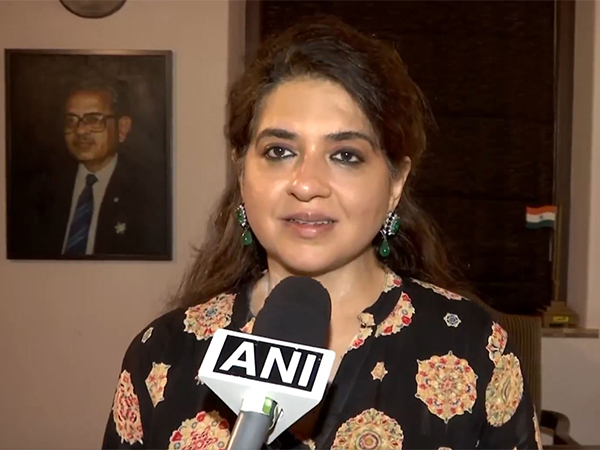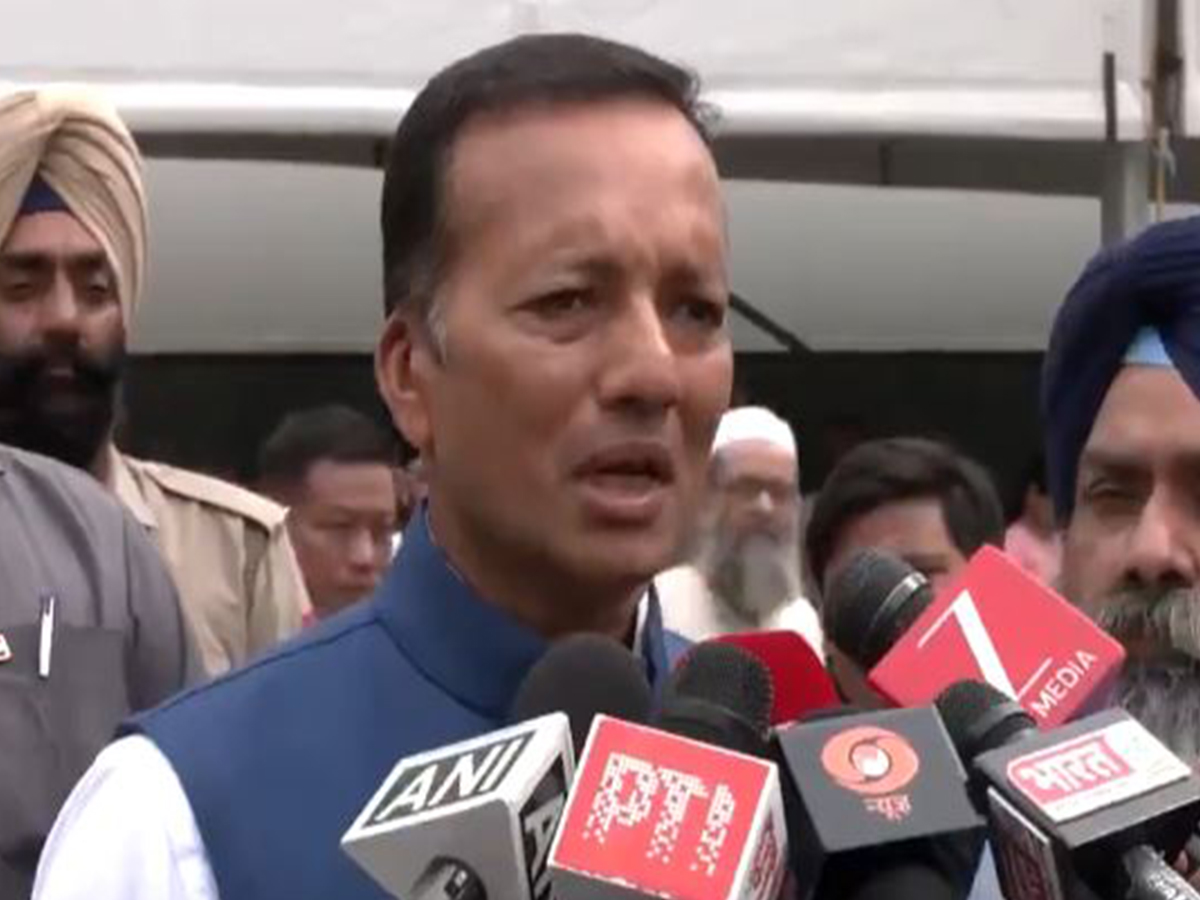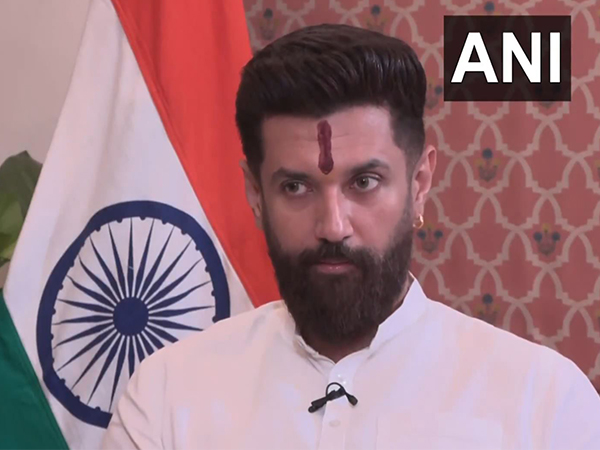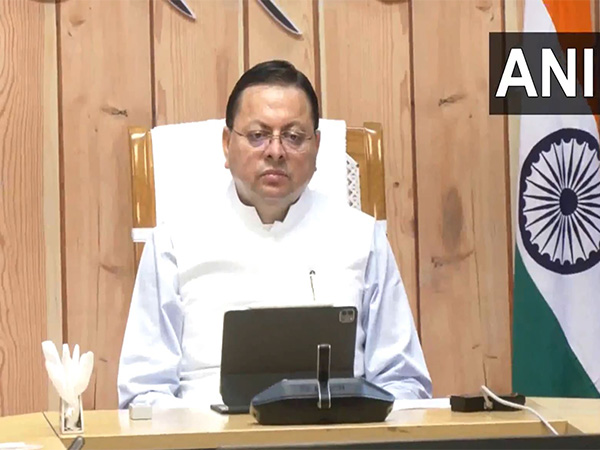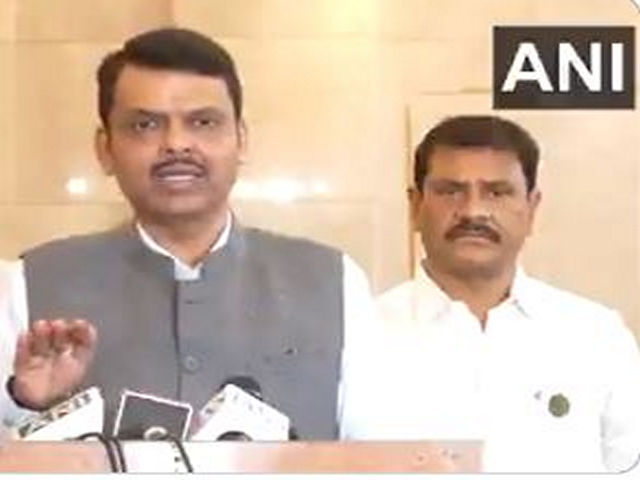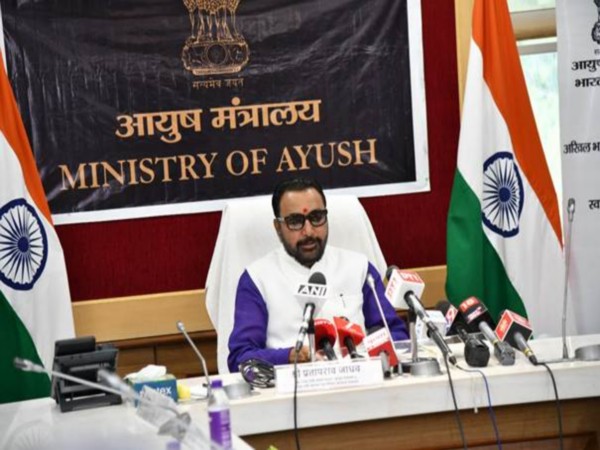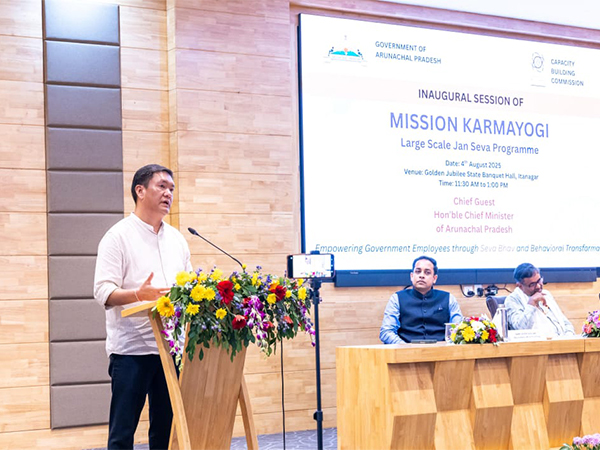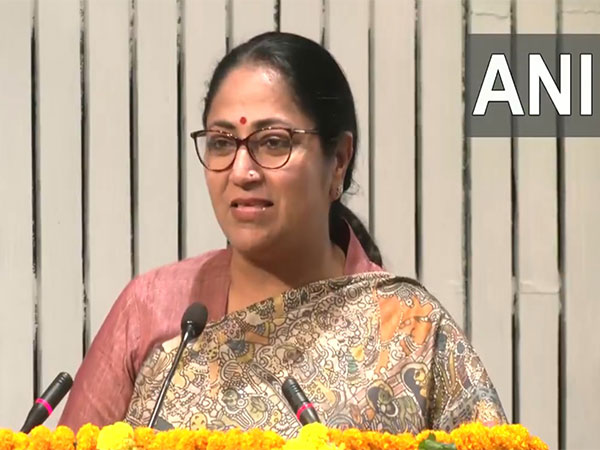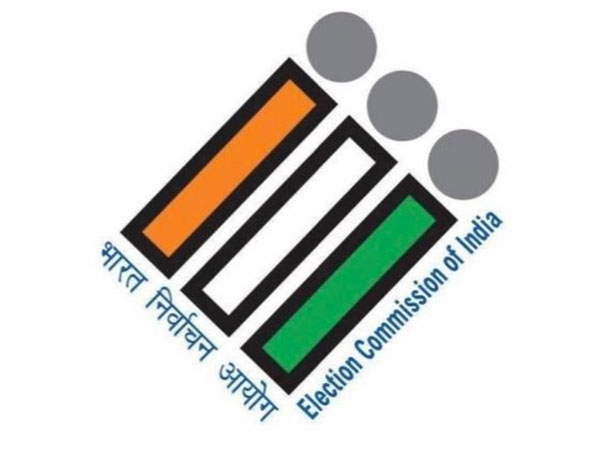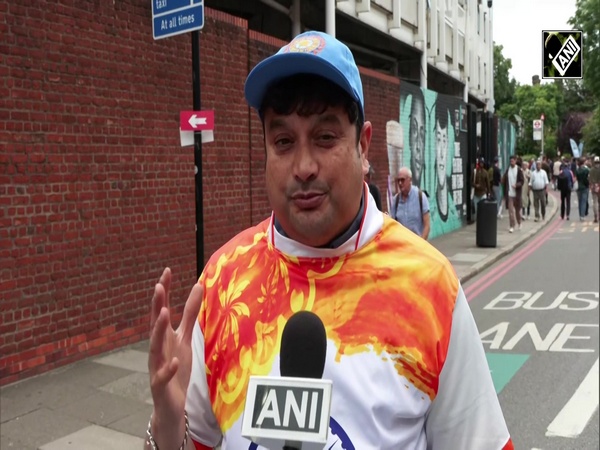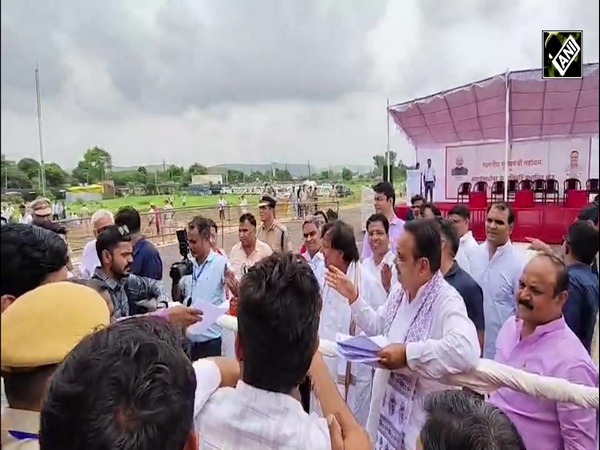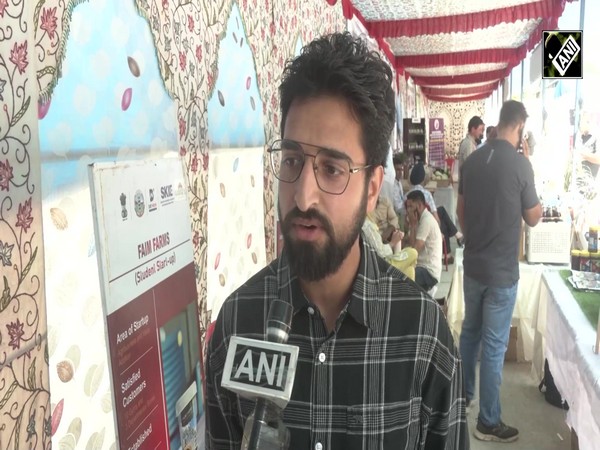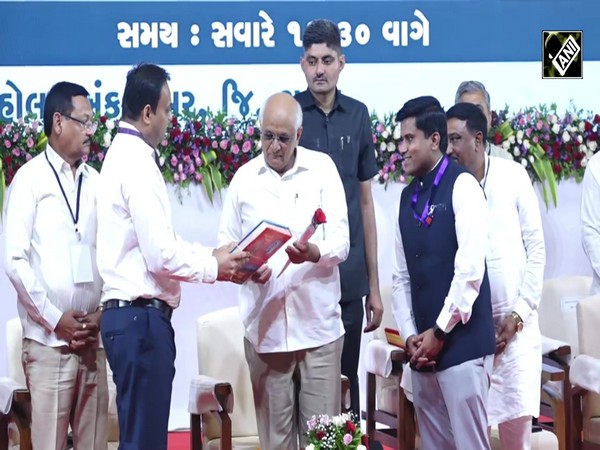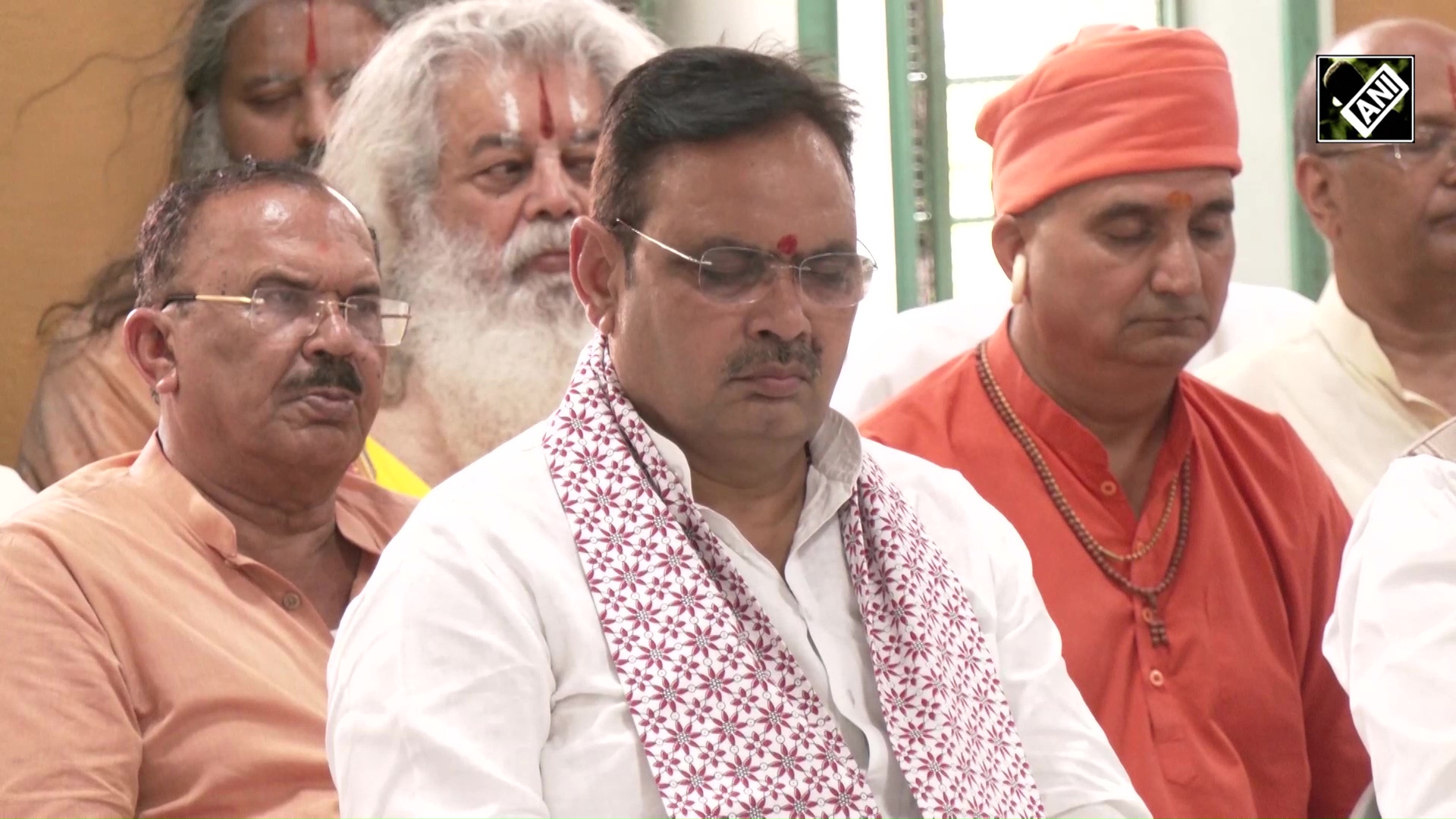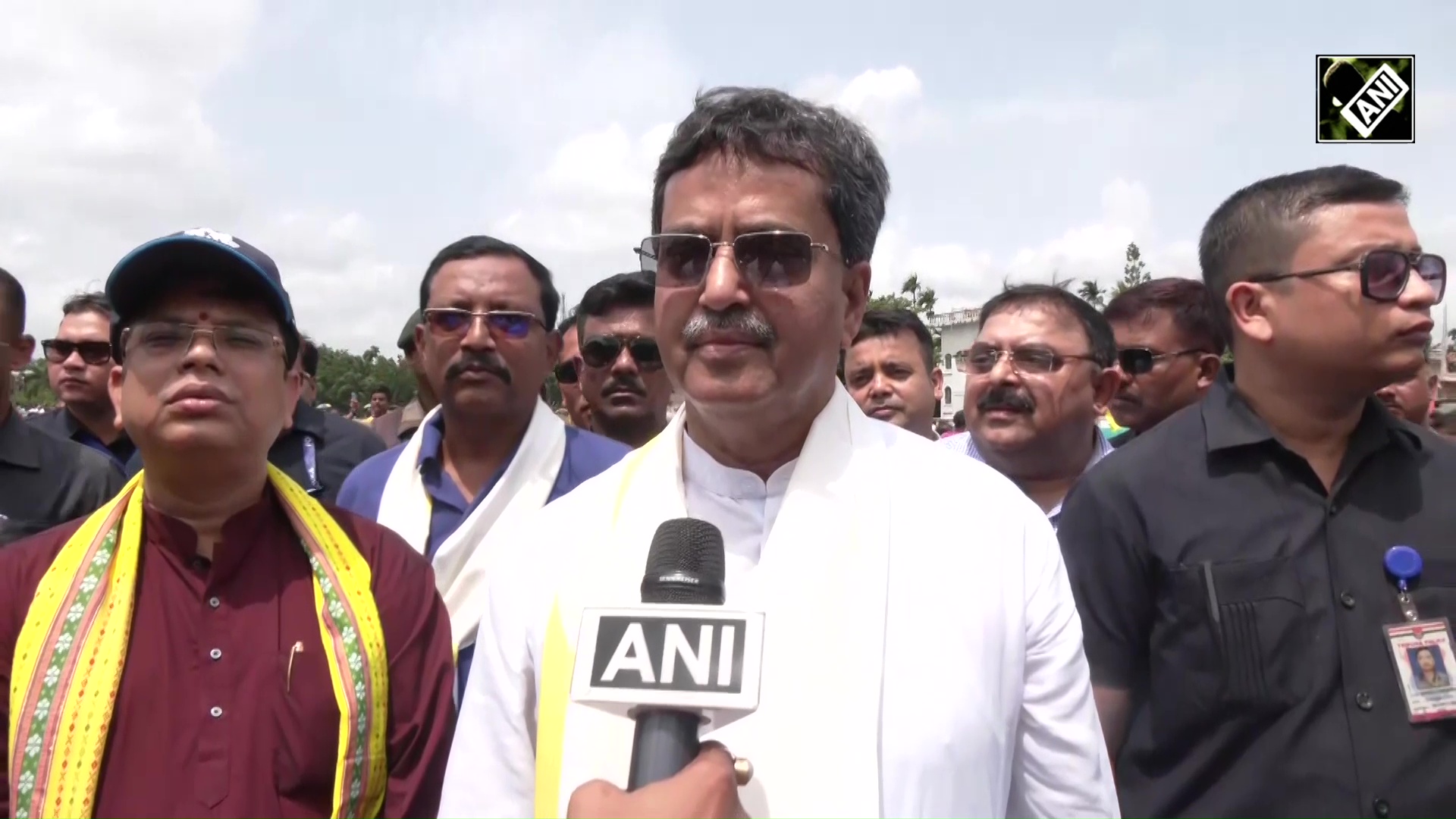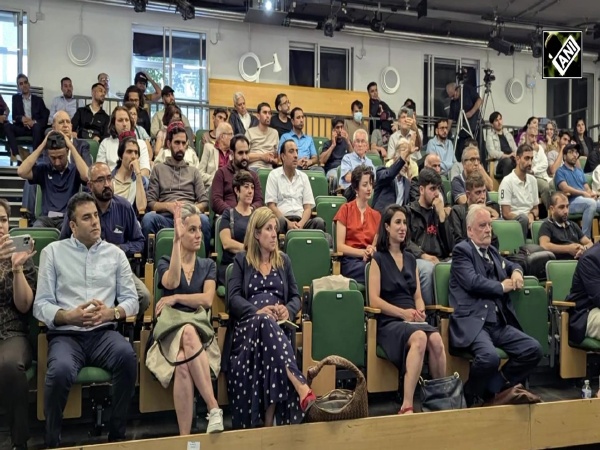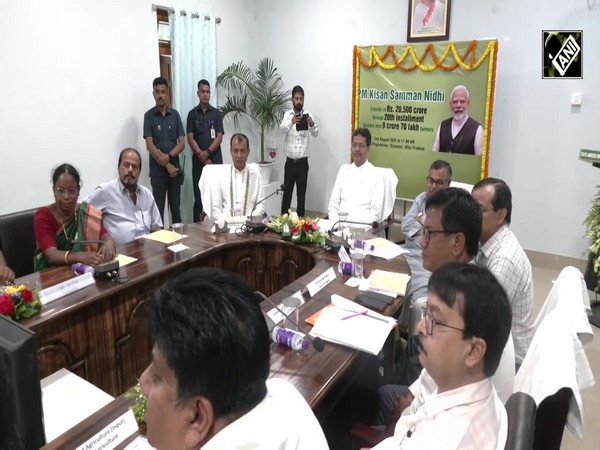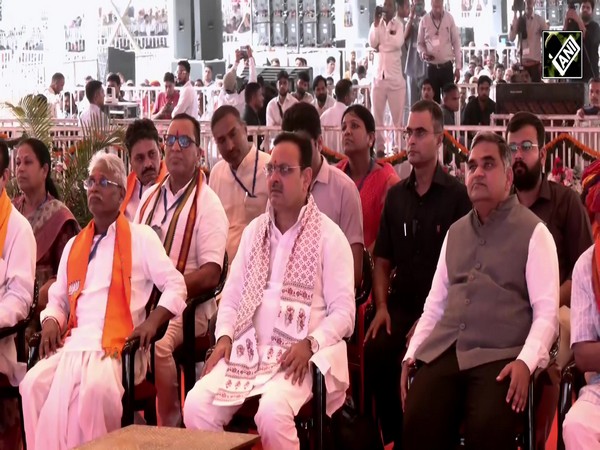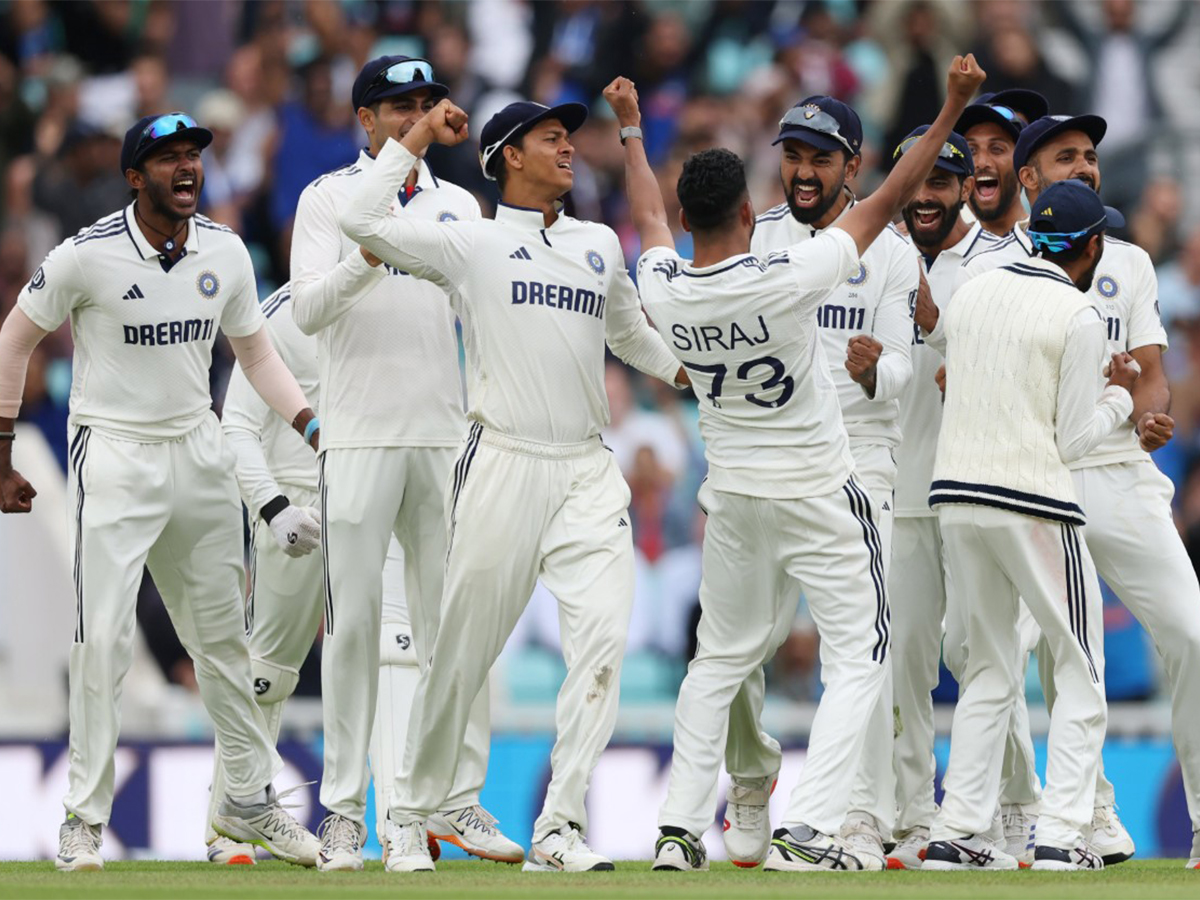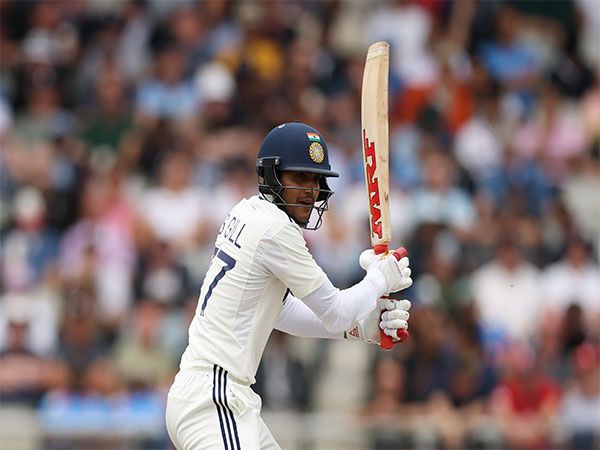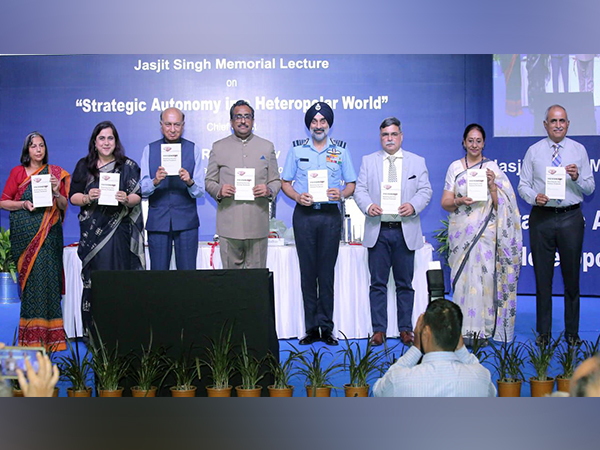
CAPSS India organises annual lecture honouring founder DG Air Commodore Jasjit Singh; Ram Madhav delivers keynote on strategic autonomy
Aug 04, 2025
New Delhi [India], August 4 : The Centre for Aerospace Power and Strategic Studies (CAPSS) India, in collaboration with the Forum for National Security Studies (FNSS), organised the 8th Jasjit Singh Memorial Lecture on Monday in New Delhi to honour its founder and former Director General, Air Commodore Jasjit Singh AVSM, VrC, VM (Retd), a distinguished military strategist and recipient of the Padma Bhushan.
This year's lecture was delivered by Dr Ram Madhav, President of the India Foundation and a renowned politician, social leader, author, and thinker on the theme 'Strategic Autonomy in a Heteropolar World'. The event was attended by Air Chief Marshal AP Singh, Chief of the Air Staff, along with serving and retired officers from the armed forces and heads of think tanks.
The session began with opening remarks by Air Vice Marshal (Retd) Anil Golani, Director General of CAPSS. G. Parthasarathy, Founder Trustee of FNSS and former High Commissioner to Pakistan and Australia, chaired the session.
Speaking on the theme 'Strategic Autonomy in a Heteropolar World', Dr Madhav reflected on India's evolving role in global geopolitics and paid tribute to Jasjit Singh's legacy as a "scholar soldier" who contributed both military and intellectual strength to the nation.
Invoking Plato's idea of "philosopher kings," Dr Ram Madhav likened Air Commodore Jasjit Singh to one who believed in both a country's military might and its intellectual strength.
"Jasjit Singh is a scholar soldier; the little I know about him reminds me of what Plato in his work The Republic had said about how we need philosopher kings. "Of course, he did not say philosopher soldiers. But Commodore Jasjit Singh belongs to that kind of military leadership which provided not only military strength to our country but also institutional strength," he said.
Touching on the shifting dynamics of the global order, Dr Madhav cautioned against clinging to outdated international structures.
"We are at a stage where the order that was built 75 years ago is changing. A new world order is taking shape. So let me begin by proposing that thinking of holding onto the relics of that old order can corrupt the whole world. The so-called multilateralism that we are talking about is not something that has existed for millennia. The multilateralist arrangement in which we have been currently living was a creation of essentially the Western powers 75 years ago," he said, adding that post the Second World War, certain multilateral institutions were created in order to create a global order.
Dr Ram Madhav further advocated for institutions to evolve with the times and usher in necessary reforms.
He said that the then-victorious powers after the Second World War were the US and Great Britain. "What we call the global order, whose essential ingredients are the multilateral institutions created starting in 1944. When these organisations were created. In their creation itself existed their downfall. Right from the begining the western powers which were the leading powers in craeting these institutions.......In the formation and creation of all these (multi-lateral) institutions, the West saw a certain vested interest in them. That's why I said in there, very construction. The construction of multilateralism is based on a fraudulent premise," Dr Madhav said.
"Even today, the President of the World Bank will always be appointed by the United States of America, why?...... If it is multilateral institutions, why only the USA? The IMF chair always comes from the European Union. Why? What we call multilateralism has always had this one element: the West believes that we are here to civilise the world. We should be the leader in multilateralism. If we are not leaders of multilateralism, it is useless," he said.
He concluded by noting that India's strategic autonomy today differs from that of the past.
On the occasion, CAPSS also released its latest New Delhi Paper, edited by DG CAPSS AVM Anil Golani, titled "Operation Sindoor". Rewriting the India-Pakistan Rulebook", it has four chapters by the DG Anil Golani, ADG Ashish Vohra and other distinguished fellows.
